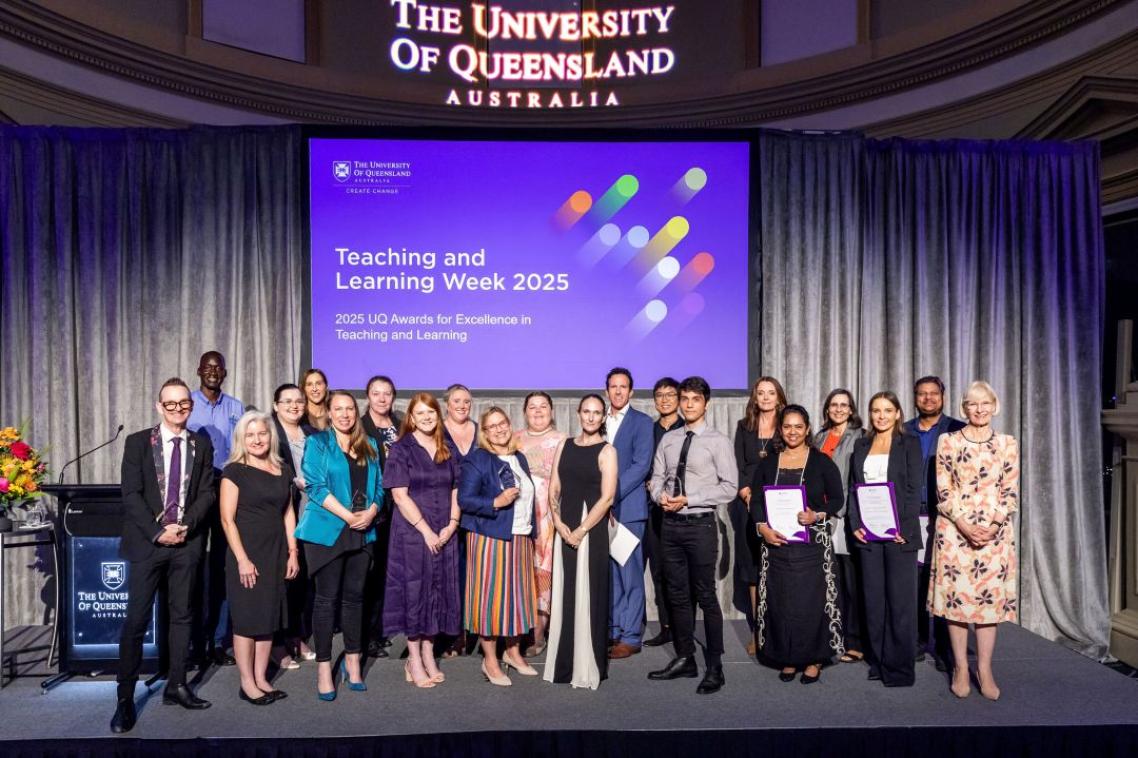Bacterial wars
UQ researcher Dr Mark Fegan has been at the forefront of two recent battles against bacterial invaders.
Dr Fegan, a microbiologist from UQ’s Cooperative Research Centre (CRC) for Tropical Plant Protection, was one of a small team of researchers who identified the citrus canker pathogen during the recent outbreak in Queensland.
Leaves from an orange suspected of being infected were delivered to Dr Fegan for analysis.
“Initially, I thought that the samples may be too old to use, but the cultures from the samples produced the yellow colonies which were possibly the citrus canker pathogen within two days,” Dr Fegan said.
It was another week before the identity of the cultures could be confirmed by Dr Fegan and other researchers in New South Wales and Queensland using DNA processing.
The cultures showed signs of Type A of the bacterium – the most widespread and severe form of the disease.
“Type A citrus canker affects a wider range of citrus plants, and is much more severe than Type B or C because it is harder to eradicate due to its more extensive host range.
“Identifying the disease was a nail-biting process, but we needed to be absolutely sure of what we were dealing with before an effective eradication program could be put into place.”
The citrus canker outbreak is estimated to have cost Queensland industry $10 million,
This outbreak was Dr Fegan’s second high profile bacterial case this year, having earlier given expert advice to a Senate Committee into the risks of allowing Filipino banana imports into Australia.
He questioned the validity of some of the biological data used to show the risk to Australian crops from moko, a disease which shrivels up bananas by restricting waterflow.
It is estimated that moko disease could cost up to $330 million in welfare losses if it entered the Tully Valley.
For more information contact Dr Fegan on (phone: 3365 9150, email: m.fegan@uq.edu.au) or Sue McKell at the CRC for Tropical Plant Protection on (phone: 3365 4776 or email: s.mckell@uq.edu.au)
Related articles

Obstetric forceps

UQ teaching elevates student experience
Media contact
UQ Communications
communications@uq.edu.au
+61 429 056 139
